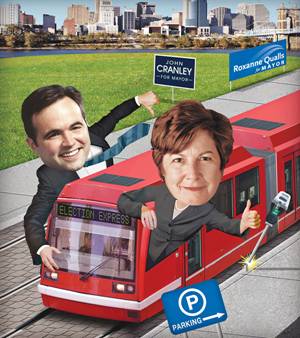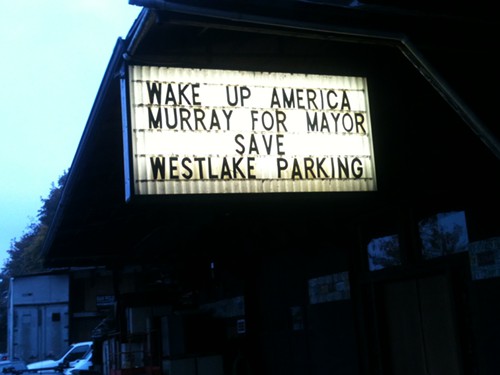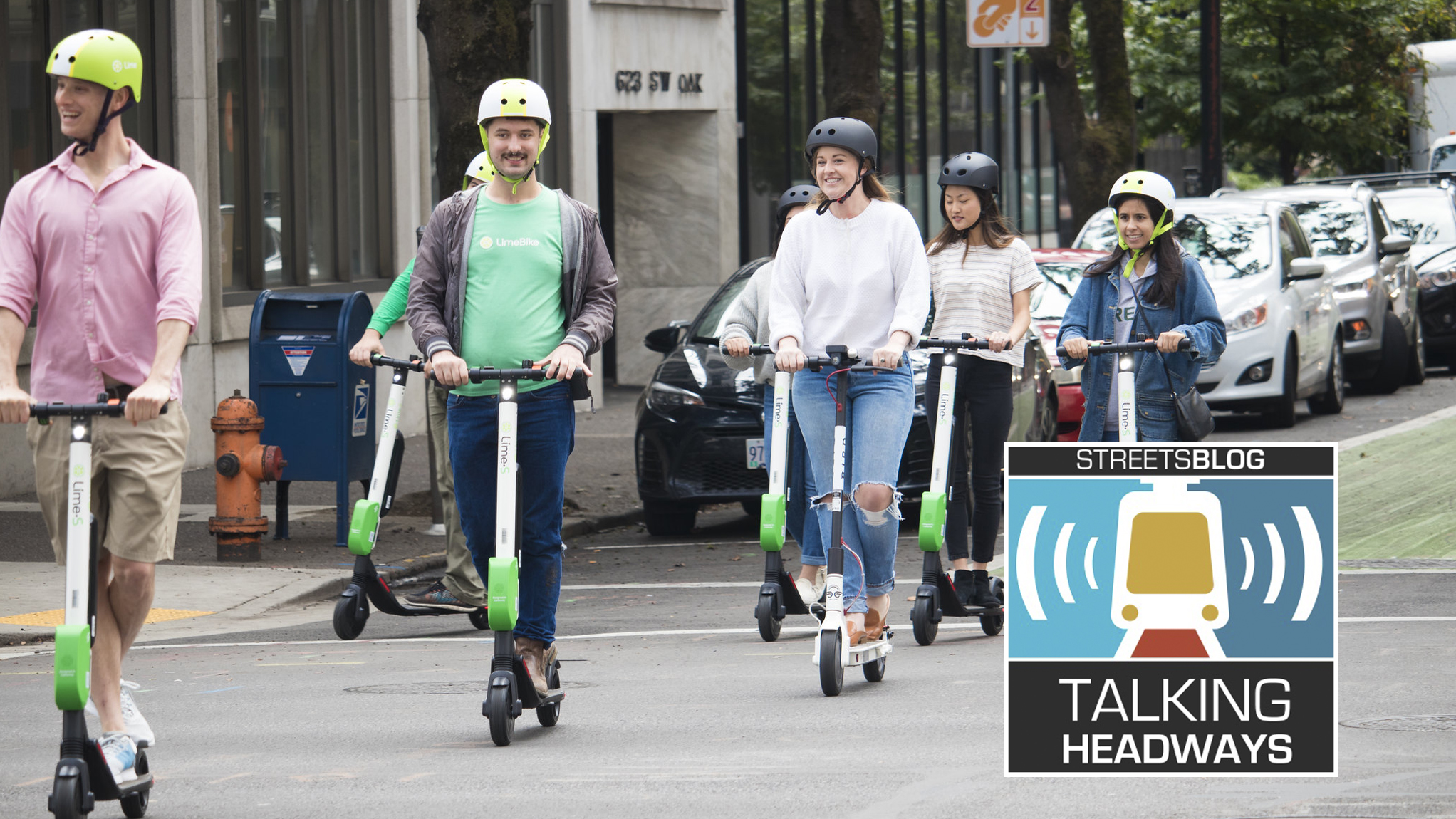Mayoral elections broke both ways for livability in American cities yesterday: The results of some may slow progress on transit and street safety, while one-midsized city elected an executive who campaigned strongly on light rail expansion and bikeability.

The biggest story was Cincinnati's mayoral race, where Queen City voters backed Democrat John Cranley by a wide margin. Cranley campaigned on a platform of tearing out the city's under-construction streetcar, even though stopping the streetcar at this point could be more expensive for the city than continuing it.
Cranley doesn't have the power to stop the streetcar unilaterally. He will need council approval. But the Cincinnati City Council added three new members yesterday as well, and now a majority appear to oppose the project. Hopefully, reason and respect for public finances will still prevail in this case.
Cranley defeated former Cincinnati mayor Roxanne Qualls, who was vice mayor to outgoing Mayor Mark Mallory. While Qualls made it this far thanks in part to the political activism of streetcar supporters, her defeat was a blow to their cause.
Meanwhile, a champion of sustainable transportation in Seattle, Mayor Mike McGinn, fell to challenger Ed Murray, a state senator best known for crafting the state's marriage equality law. McGinn came to the office as a political outsider after serving as the statewide chair of the Sierra Club and was known to ride an e-bike to political events. He presided over major zoning and parking reforms in the city, as well as some important street redesigns.

Murray campaigned on a platform of uniting various political factions and making government work better. Last month, alt-weekly the Stranger wondered if he was also running to be the "anti-bike lane mayor." Some of Murray's fundraising came from groups who were upset about a recently-installed protected bike lane, the paper reported. On transit, Murray has stressed the importance of taking a regional approach and building collaborative relationships at the state level, but not necessarily the need for additional funding.
Seattle Bike Blog endorsed McGinn for reelection, as did the Cascade Bicycle Club. Seattle Transit Blog called his land use and transit policies "simply unassailable."
"In the end, we were wowed by McGinn’s excellent knowledge of transportation issues and his bold efforts to improve the state of transit, walking and biking in the city," wrote Seattle Bike Blog's Tom Fucoloro. "He was even willing to spend some political capital to do it."
There was happier news in Pittsburgh, where long-time City Council member Bill Peduto cruised to an easy win over Republican opponent Josh Wander. Peduto has ambitious plans to make the city more bike-friendly and to invest in a new light rail system. Under his leadership, Pittsburgh seems to be on its way to big things.
No surprises in NYC, where Bill de Blasio defeated long-shot Republican challenger Joe Lhota. After a period of caginess and, at times, hostility to the street redesigns installed under Mayor Michael Bloomberg, de Blasio has gone on record saying he supports changes like bike lanes and pedestrian plazas. While de Blasio made ambitious promises to reduce traffic deaths and improve bus service during the campaign, local advocates are bracing for a mayor who may not have the same willingness as his predecessor to see those projects through.





